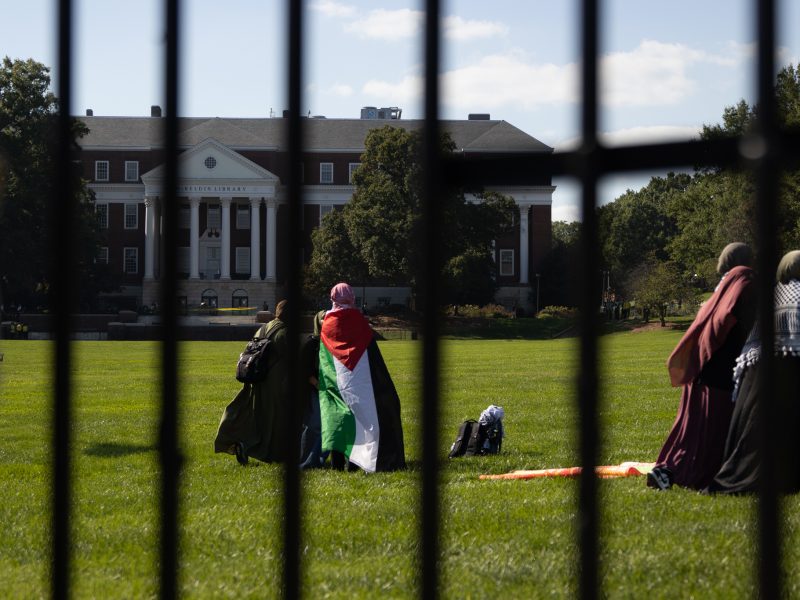
Sophomore engineering and materials science major
I’ve always found it fascinating that two of the most famous dystopian novels — George Orwell’s 1984 and Aldous Huxley’s Brave New World — have very different views on sex. In 1984, though porn is rampant, the popular Junior Anti-Sex League rejects sex, even in marriage, outside of procreation purposes. On the other hand, the society of Brave New World is dominated by casual, contraceptive-filled, no-strings-attached sex, and the few protagonists who do not participate — either because of dissatisfaction or a desire for something greater — are ostracized.
Both novels were prophetic: Orwell correctly predicted that porn, which now accounts for one-fourth of all Internet searches, would become the opiate of the masses, and Huxley foresaw nearly obligatory, recreational sex in an era before 70 percent of college students were hooking up.
The Junior Anti-Sex League is 1984’s failure — no movement can sustain itself by merely opposing something. A quick survey of “culture war” issue groups shows pro-choice, pro-life, pro-marriage equality, pro-traditional marriage, pro-gun, pro-peace and the like. There are few, if any, successful “anti” movements.
Brave New World also comes up short: Sex has become meaningless in the book, used purely for physical pleasure. Though hookup culture is heading toward this standard, it is impossible — sex will always have meaning, whether we realize it or not.
The young man, working on a paper late at night, who has already milked Facebook for all it is worth, does not turn to porn simply because he wants sensual pleasure — he is lonely, and porn offers the semblance of intimacy. Likewise, the young woman who has sex with several boyfriends, who later break her heart, is looking for more than momentary pleasure. She wants to feel close to somebody but finds herself used and alone every time. Hookups theoretically have no strings attached and promise an intimacy fix without consequences, but the physiological reality of hormones makes this impossible.
We are starved for intimacy. We have many “followers” but few friends, many “likes” but little love, many contacts, but we can’t carry a deep conversation. In our loneliness, we seek relief in the most intimate of acts — sex — but it only leaves us lonelier than ever. The young man quickly shuts his laptop as his roommate enters; the young women is left desolate after a breakup, and a Saturday morning must include the lonely walk of shame.
We must turn away from our dystopian sex lives, but not without something else to turn toward — the Junior Anti-Sex League is just as dystopian as the hookup culture. Rather, we should turn to chastity, the virtue enabling us to see people as people.
When we realize every person has a life story just as intricate as our own and is infinitely valuable in his or her own right — not just in how he or she can be useful to us — we will gladly forgo porn and hookups.
We won’t forgo these things because sex is bad, but because the dignity of every person is beautiful, and these perversions of sex are opposed to it.
Sex is beautiful, too. It is the most intimate act we are capable of, but before it is used to express intimacy on the exterior, that intimacy should exist in the interior. All too often we reduce love to romance and romance to sex.
This stifles intimacy, which takes seed in selfless, authentic friendships. We do not need romantic relationships, but we do need real friendships requiring commitment, honesty, openness and sacrifice. The qualities of a good friendship are present in any good marriage in full measure, and it is there that sex is beautiful. Elsewhere, it is simply a lie.
Matt Rice is a sophomore engineering and materials science major. He can be reached at matthew.rice.d@gmail.com.


